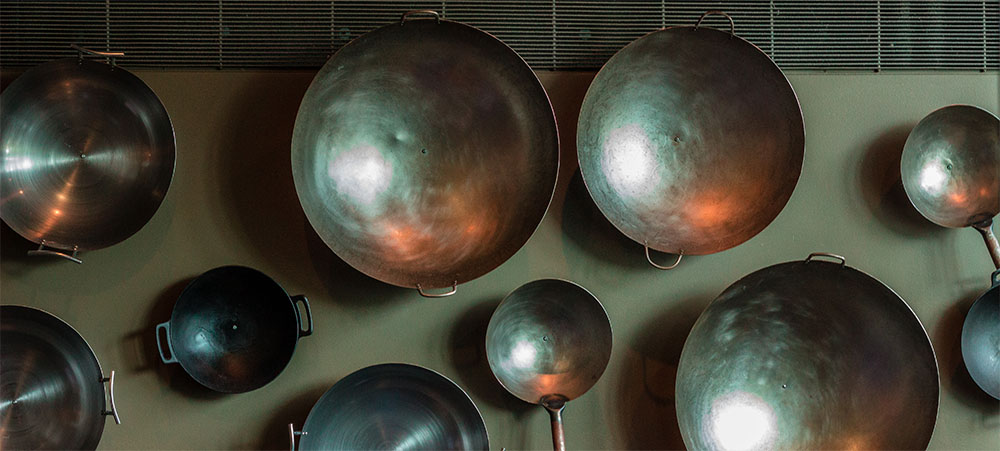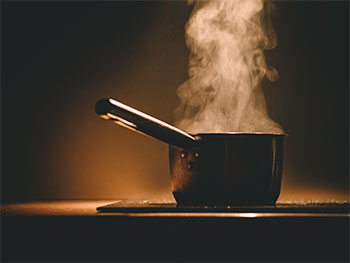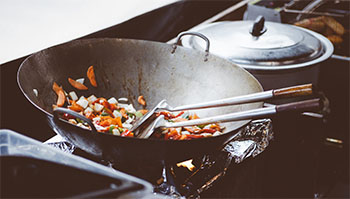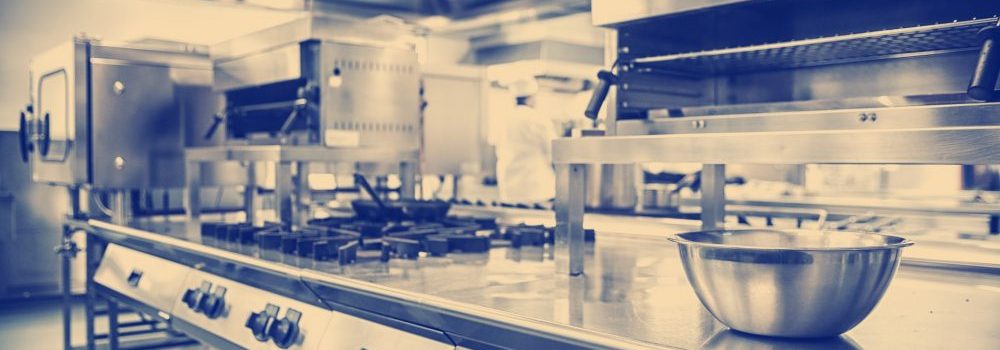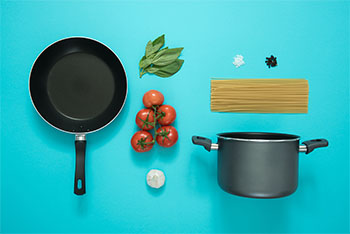10 Tips for Using a Cast Iron Skillet
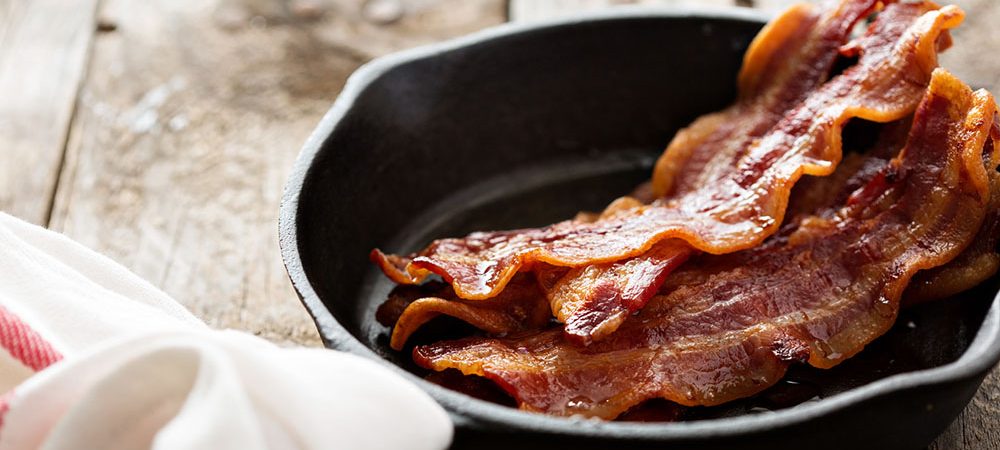
10 Tips for Using a Cast Iron Skillet
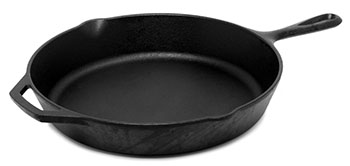 Utilizing a cast iron skillet is slowly but surely stepping out of dark corners of our kitchens and gaining popularity. People are starting to notice the benefits of this tool, for it is multi-purpose, durable, efficient and easy to maintain. However, they do require proper usage and proper cleaning. Because most people don’t know how to use the cast iron skillet, what to use it for and how to clean it, we came up with a list of ten things to know when using this pan.
Utilizing a cast iron skillet is slowly but surely stepping out of dark corners of our kitchens and gaining popularity. People are starting to notice the benefits of this tool, for it is multi-purpose, durable, efficient and easy to maintain. However, they do require proper usage and proper cleaning. Because most people don’t know how to use the cast iron skillet, what to use it for and how to clean it, we came up with a list of ten things to know when using this pan.
1. What To Cook
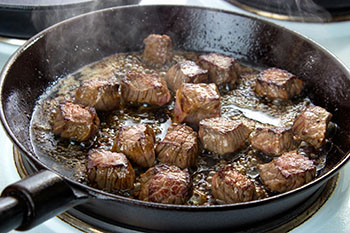 One of the significant benefits of cooking with an iron skillet is the skillets ability to conserve and transfer heat. Consequently, the skillet is great for preparing meals that require high levels of heat.
One of the significant benefits of cooking with an iron skillet is the skillets ability to conserve and transfer heat. Consequently, the skillet is great for preparing meals that require high levels of heat.
Use it for cooking meat such as steaks or roasts, for they can be seared, but not roasted. The outer parts of the meat will obtain brown to reddish color with a crispy exterior, while the insides will maintain desired sappiness and richness. A cast iron skillet is also useful for stir-frying, due to its depth and heat transferring abilities.
2. What Not To Cook
First and foremost, avoid meals that require wines and vinegar. The nature of these components is acidic and can damage the skillet.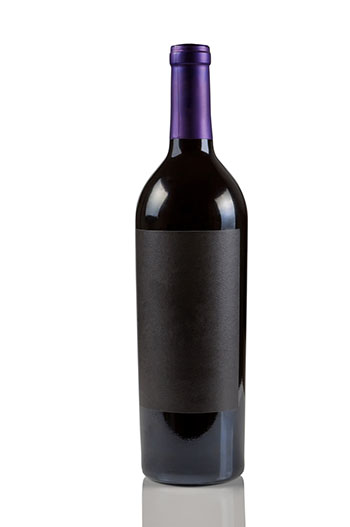
This pan is not suitable for cooking delicate fish either, for its heat might damage and burn all the healthy ingredients in the fish. You can prepare a more substantial size fish, one that has more meat and is thick.
However, you can cook anything in a cast iron skillet; but you want to avoid the food that might damage it. For instance, bolognese requires tomato juice, an ingredient that can harm the skillet.
3. Cooking Oil
You will want to use the oil that withstands high temperatures. Once the oil reaches its breaking point, it will release carcinogens and radical elements into the atmosphere, and you certainly don’t want that to happen.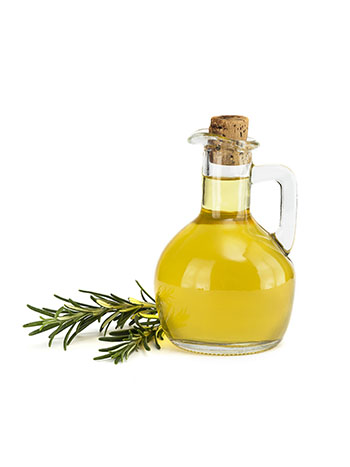
So, use the oils that can withstand high heat: extra virgin olive oil, coconut oil, or quality lard. If you are using lard, make sure you clean the pan immediately after you finish cooking.
4. Cleaning
If you correctly maintain and clean this cookware, it can last for decades without losing its quality and efficiency. To avoid rust, take a sponge in your hand and immediately start cleaning;
remember, don’t soak, don’t wait.
A simple sponge and some hot water will do the trick. You can use soap, but only in minimal amounts, a drop or two; too much detergent can damage the iron.
Don’t scrape the pasted bits of food with a fork or knife. Instead, use salt and water and rub it with a stiff brush. You can also add water and boil it. Boiling water will ultimately help separate stuck-on food from the pan. After you wash it, season the pan.
5. Seasoning
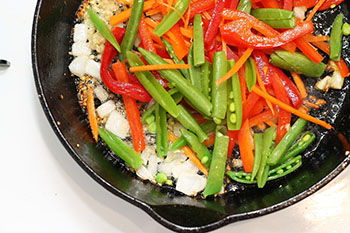
Regular usage and seasoning helps prevent rust and improves the durability of the iron skillet. Seasoning is a simple process: you use a drop of oil and spread it evenly across the pan before you bake it. The oil will help protect the pan, keeping the cookware always ready for usage.
Some people suggest using flax oil for this part of skillet maintenance. It is about oil polymerization, the process accountable for seasoning process. Be aware of the fact that seasoning your pain isn’t the same as cooking. When it comes to seasoning, you want the oil that drys fast, hence why we suggest flax oil. Good alternatives are soybean oil and liquid canola oil.
Read more about seasoning pots and pans here!
6. On Rust
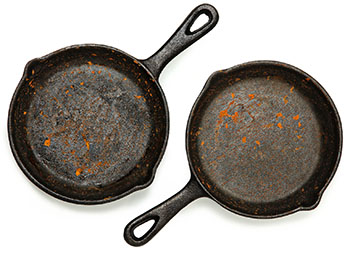 Rust is iron’s biggest enemy and your primary concern when it comes to using, cleaning and storing your skillet: it can slowly eat away the coating, and eventually destroy the pan.
Rust is iron’s biggest enemy and your primary concern when it comes to using, cleaning and storing your skillet: it can slowly eat away the coating, and eventually destroy the pan.
To avoid rust, focus on these things:
After cooking the meal, don’t soak your pan. Instead, wash it immediately because the oxidation process happens after you leave the skillet.
Once you clean the pan, dry it and season it. Drying will help prevent rust; the seasoning will fill the pores and also combat oxidation.
Once you’ve done these things, store it correctly, in a dry place. You can also wrap it in a paper, just to be safe.
7. Preheating
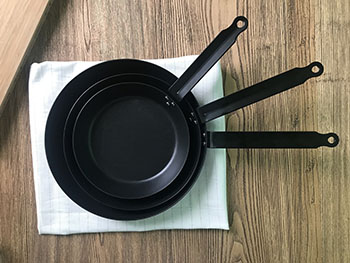 To ensure the quality of cooking and durability of the pan, always preheat. Despite its many benefits, these skillets heat unevenly and slow. However, once it starts heating, it keeps heating.
To ensure the quality of cooking and durability of the pan, always preheat. Despite its many benefits, these skillets heat unevenly and slow. However, once it starts heating, it keeps heating.
Heat it slowly, going from low to medium levels, letting the cast iron do its thing. And since the pan is excellent at emitting heat, you can cook the food over low-medium heat.
8. Non-stickiness
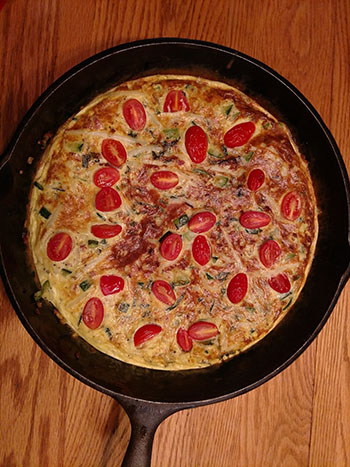 This type of cookware is notable for being naturally non-stick. However, to achieve this, you need proper seasoning and preheating. Yes, this material is resistant to stickiness, but if you don’t take care of the cookware, food will stick more often than not.
This type of cookware is notable for being naturally non-stick. However, to achieve this, you need proper seasoning and preheating. Yes, this material is resistant to stickiness, but if you don’t take care of the cookware, food will stick more often than not.
So, to avoid stickiness, proper seasoning and gradual preheating are required. That way your food won’t stick.
9. Benefits Of Cast Iron Cookware
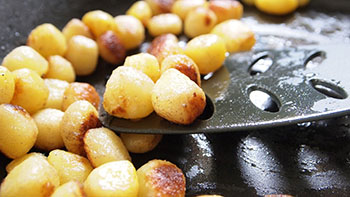 This skillet is resistant to stickiness, is hotter than other pans, and is highly durable, especially if you maintain it properly. It is also very cost effective since it is cheap to obtain but can last decades.
This skillet is resistant to stickiness, is hotter than other pans, and is highly durable, especially if you maintain it properly. It is also very cost effective since it is cheap to obtain but can last decades.
This cookware has many uses, being able to cook, fry and bake a variety of food. Having multiple skillets is beneficial because you can use several skillets for preparing different types of food.
10. To Conserve It, Use It
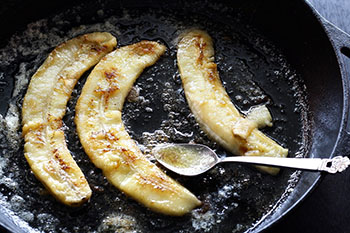 Yes, the best way to conserve this cookware is to use it regularly. Not only will this prevent rust, but will also “force” you to take care of it.
Yes, the best way to conserve this cookware is to use it regularly. Not only will this prevent rust, but will also “force” you to take care of it.
Constant usage, cleaning and season will ensure the optimal durability and efficiency of the pan. If you are interested in buying a cast iron skillet, you can check Midway Restaurant Supply, because we offer a large variety of skillets at an affordable price.





